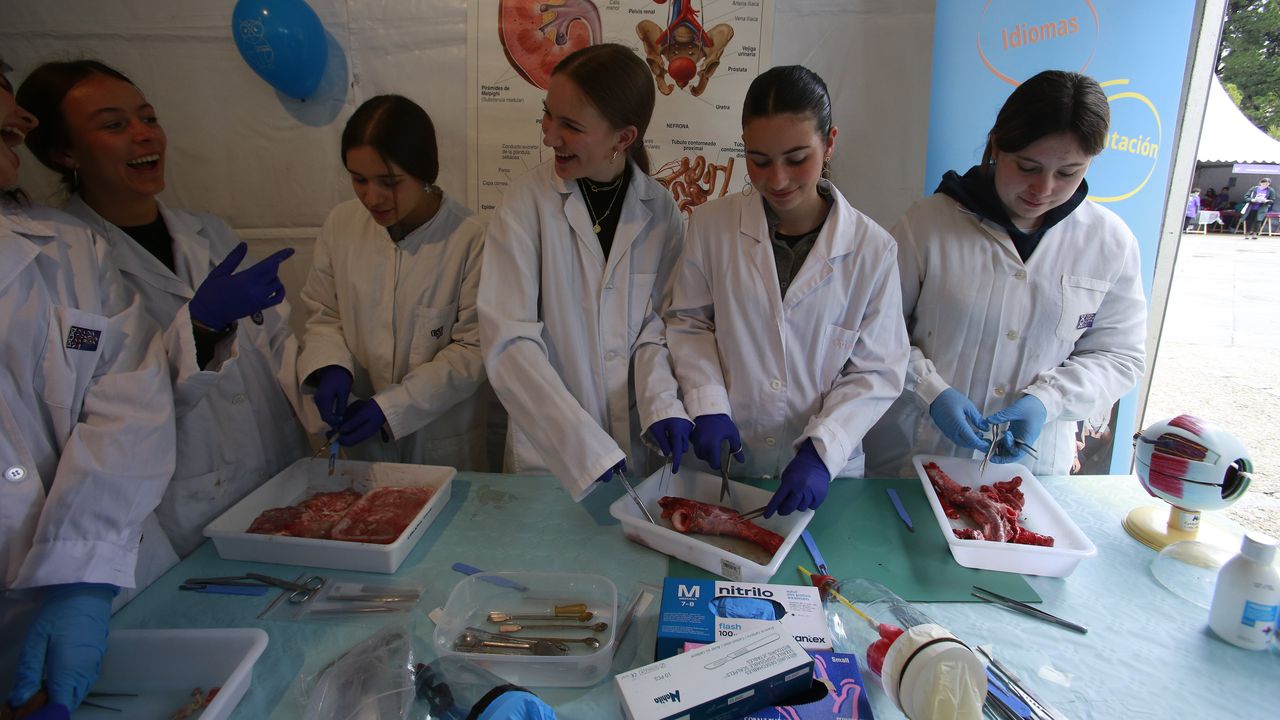Through a document titled “Why do NEA scholars reject the DNU and the Omnibus Law?” The scientific community in the northeastern provinces expressed its rejection “in all terms” of the National Unity Agreement and the Omnibus Bill, arguing that “they will affect not only all scientific and technical organizations, but also our forests, glaciers, aquifers, protected lands and our sea.” , they pointed out.
They emphasized in the document: “We request not to withdraw Conicet’s financing, to merge the two laid offs, and to immediately disburse the income and results of the calls.”
Among the arguments reviewed by the specialists, they highlighted that from an economic point of view, the amount of resources that the state allocates to science and technology is negligible, however, there are “countless benefits that society receives”, such as the development of vaccines, medicines and technology, knowledge about managing natural assets in a sustainable way. .
“Therefore, investing in basic and applied sciences is always a good decision; this is what the so-called developed countries do with investments exceeding 2% of their GDP,” while the budget allocated to Conset in Argentina represents 0.34% of GDP, they contradicted.
Not worth anything, Approximately 850 agents operate in the four provinces of the Northeast regionincluding more than 450 scholarship recipients, nearly 300 researchers, 100 specialists and support technicians and about 30 administrators, working in collaboration with other scientific and technical organizations such as the National Institute of Industrial Technology (Inti), the National Institute of Technology and the Institute of Agricultural Technology (Inta). And the National Atomic Energy Authority (Cnea), in addition to national universities.
It is a group of scholarship holders, researchers, technical and administrative staff, who provide “solutions to problems related to our context such as floods, fires, assessment of historical and cultural heritage and paleontology, conservation of the biodiversity of natural environments, diseases such as dengue, Chagas disease and others.”
But thanks to the new national administration,50 people have already been laid offIn the context of the worsening science scenario due to the introduction of DNU 70/2023 and the comprehensive draft law “which already affects and will seriously affect not only the continuity of research projects but the scientific system as a whole,” they expressed.





